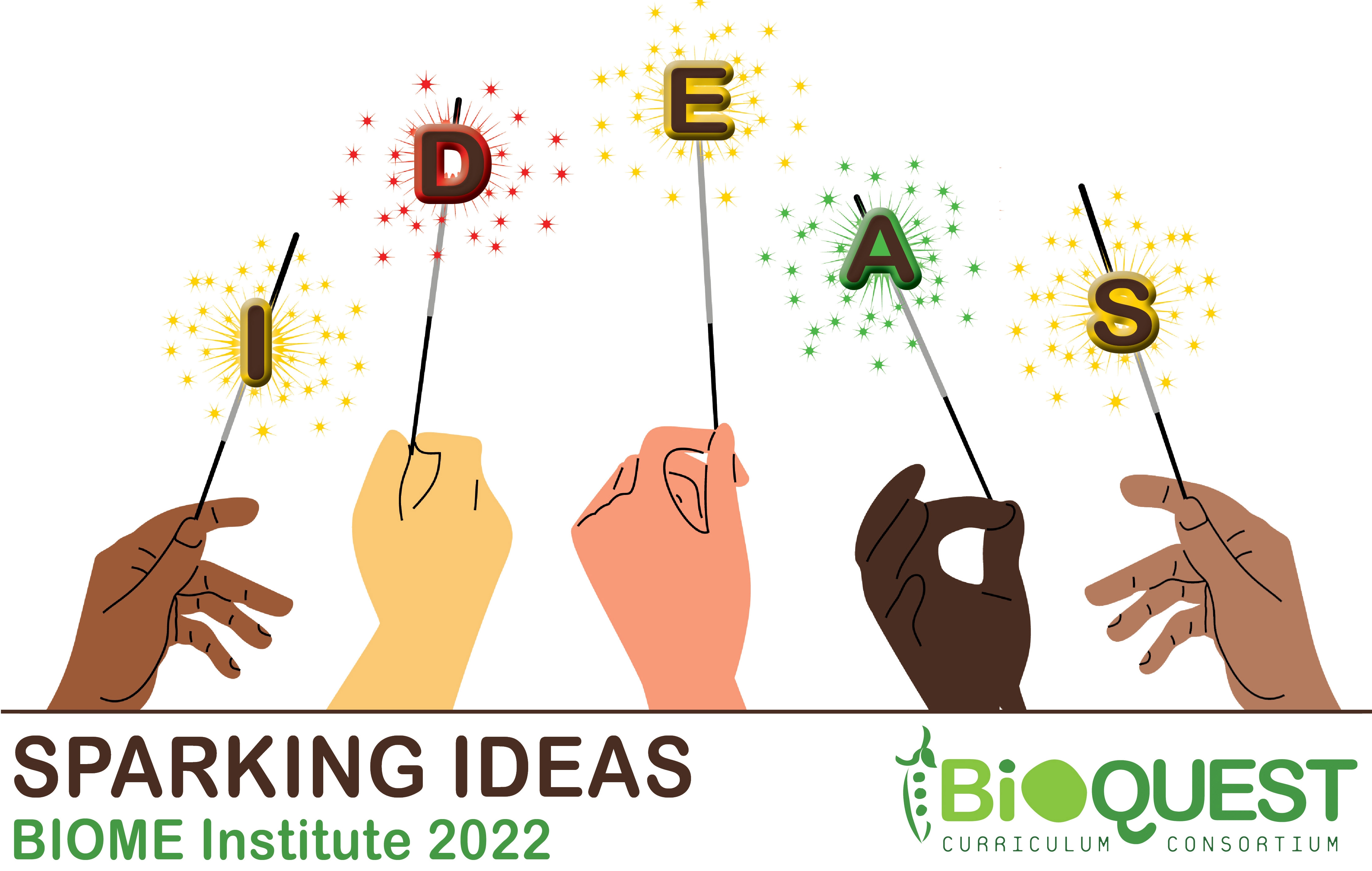The Genomics Education Partnership: Democratizing Genomics Research Experiences Nationwide
Author(s): Katie M. Sandlin1, Laura K. Reed2
1. Genomics Education Partnership & BioQUEST 2. The University of Alabama
964 total view(s), 272 download(s)
Description
The Genomics Education Partnership (GEP) is a nationwide faculty-driven collaboration of 250+ members working to ensure all students, regardless of institution type, funding, available resources, or circumstances have access to bioinformatics and genomics research via Course-based Undergraduate Research Experiences (CUREs). Members of the GEP teach at 200+ colleges and universities across the United States and Puerto Rico, of which 31% are Minority-Serving Institutions (MSIs) and 13% are Community Colleges (CCs). No research infrastructure is needed to participate in the GEP, and the research projects are accessible 24/7 through the internet; thus, GEP is zero cost for students, faculty, and institutions. More than 1,100 GEP students have contributed as co-authors on published scientific research papers and GEP is currently working with microPublication to develop a pipeline that will also allow students to publish individual gene model reports. GEP supports attendance at conferences and workshops for members and their students; during the past academic year, GEP was represented at more than 20 including four focused on STEM equity. During Spring 2022, GEP piloted six pieces of curriculum that were translated into Spanish and plans to further expand the initiative. GEP recently published a web page of more than 100 Diversity, Equity, and Inclusion (DEI)-focused instructional resources covering a gamut of topics. GEP students can access a Virtual Teaching Assistant (TA) for real-time support seven days a week. As a group, the TAs are as diverse as the general population so no matter what background a student may have, there is someone to connect with them in the Virtual TA group. The GEP is actively recruiting new members, especially faculty at CCs and MSIs. Supported by NSF IUSE-1915544 and NIH IPERT-R25GM130517.
Cite this work
Researchers should cite this work as follows:
- Sandlin, K. M., Reed, L. K. (2022). The Genomics Education Partnership: Democratizing Genomics Research Experiences Nationwide. 2022 Biology and Mathematics Educators (BIOME) Institute, QUBES Educational Resources. doi:10.25334/DGHQ-PZ16
